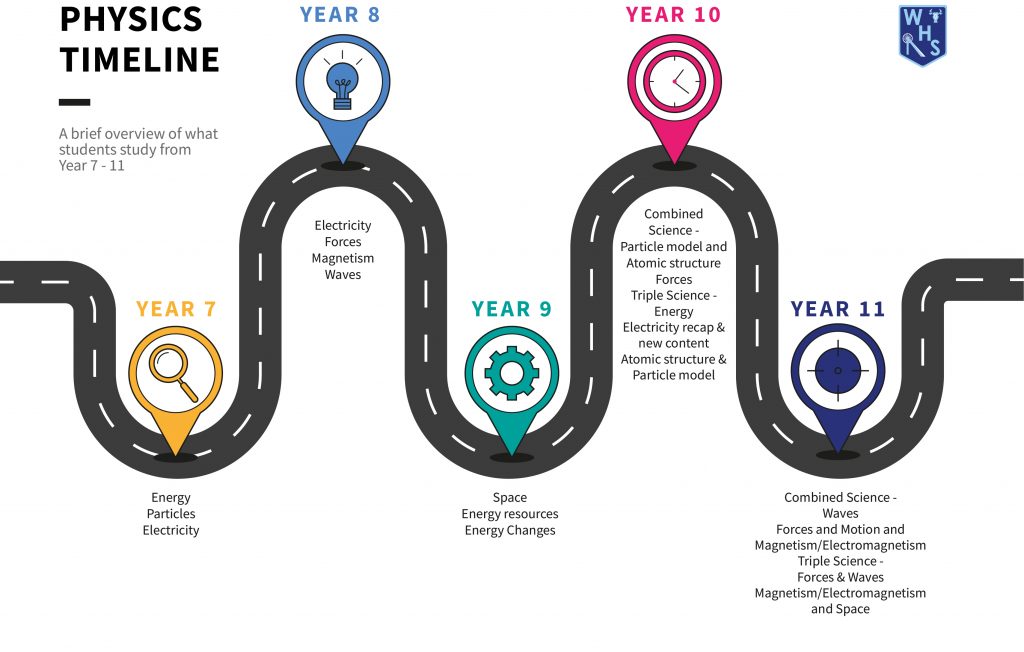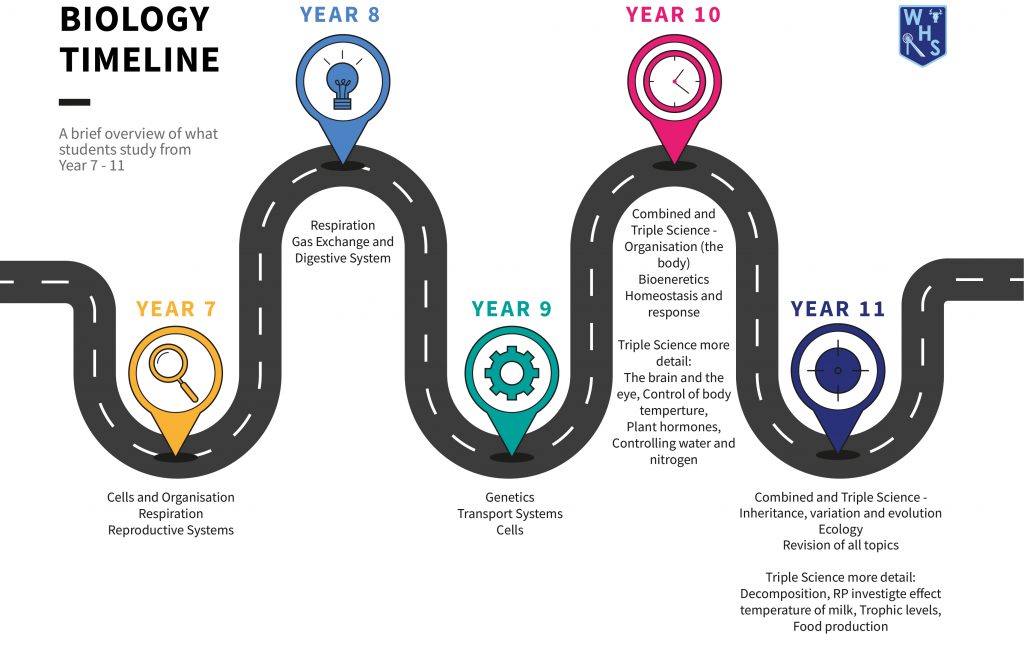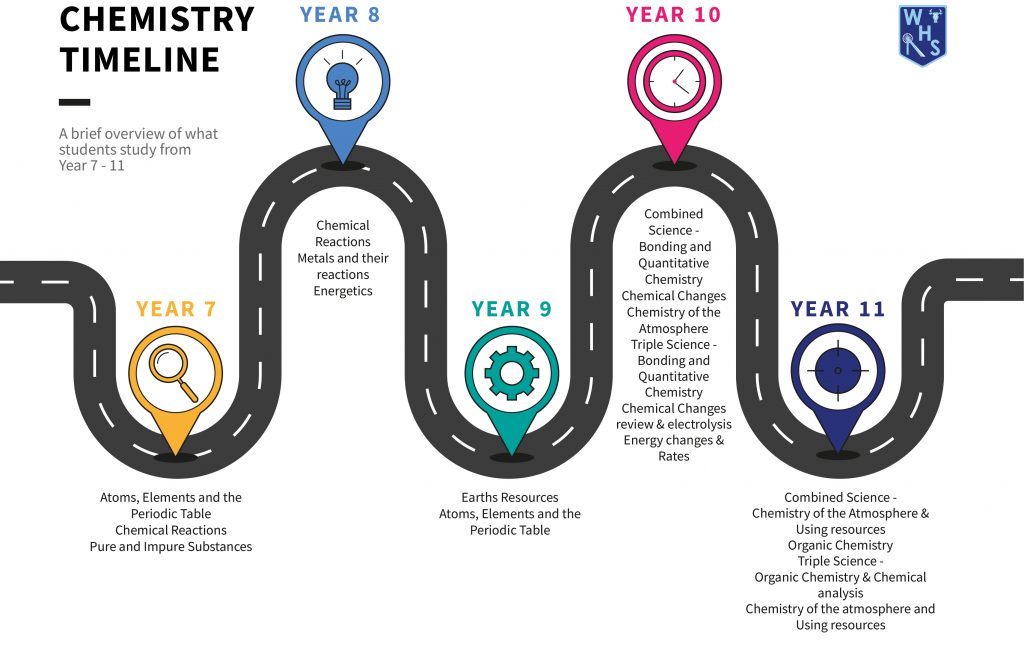Science enables students to LEARN and understand the world around us through the specific disciplines of biology, chemistry and physics.
We aim to bring this knowledge and understanding to life, to Enjoy Science and develop a sense of curiosity and excitement about natural phenomena.
Science influences every part of our lives and is vital to the world’s future prosperity. Our team strive to encourage students to Aim high, ignite and nurture a passion for science to ensure that we are developing future astronomers, engineers, surgeons, research scientists and veterinarians, as well as preparing students for occupations that do not even exist yet.
Students Never stop learning about the nature, processes and methods of science through scientific enquiry and practical work over the 5 years of study. We equip our students with the ability to answer scientific questions about the world around them and make informed decisions in the future.
Within our curriculum, we tackle some of life’s big questions enabling students to Respect alternative viewpoints with structured debate around ethical issues such as cloning cells and consider how to Look after each other by considering such questions as to how to meet the world’s energy demands sustainably for future generations.
“The important thing is not to stop questioning. Curiosity has its own reason for existence. One cannot help but be in awe when he contemplates the mysteries of eternity, of life, of the marvelous structure of reality. It is enough if one tries merely to comprehend a little of this mystery each day.” – Albert Einstein
 Key Stage 3
Key Stage 3
Please select the button for Year 7, 8 or 9 to see their curriculum roadmap and knowledge organisers for that year.
Key Stage 4
GCSE Combined Science (taught to all students if Triple Science has not been opted for at GCSE). All three sciences are taught continuously throughout a term to ensure content is clearly sequenced and knowledge is built/interleaved. Please select the relevant button for either Biology, Chemistry or Physics to view the curriculum roadmap for students in KS4.



